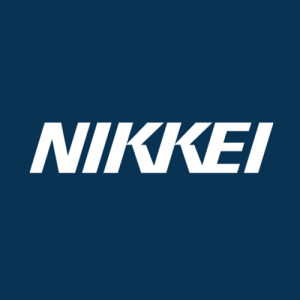A new partnership between the U.S. Department of Commerce and South Korea’s Samsung Electronics was announced Monday, April 15. The collaboration aims to position the U.S. as a global leader in semiconductor technology.
The agreement includes up to $6.4 billion in federal grants and an additional $40 billion from Samsung. The funds will be used to expand chip production in the Austin, Texas, region.
The project will focus on advanced manufacturing, packaging, and research. Samsung’s new plants in Taylor, Texas, will produce the most advanced chips in the world. Additionally, the initiative will expand Samsung’s facilities to support the aerospace, defense and automotive industries.
The move comes as Samsung overtakes Apple as the world’s top smartphone seller, a change driven by Apple’s declining sales in China and competition from other phone companies like Huawei.

President Joe Biden described this initiative as a response to supply chain vulnerabilities, noting concerns from lawmakers about the U.S.’ reliance on chips made in Taiwan, given China’s territorial claims on the island and its threat to force reunification.
“This announcement will unleash over $40 billion in investment from Samsung, and cement central Texas’s role as a state-of-the-art semiconductor ecosystem,” Biden said. “It will create at least 21,500 jobs and leverage up to $40 million in CHIPS funding to train and develop the local workforce.”
U.S. Secretary of Commerce Gina Raimondo said investments like this one are designed to help create thousands of jobs to fuel the industry.
“The chips that Samsung will be making in Texas are important components to our most advanced technologies, from artificial intelligence to high-performance computing and 5G communications,” Raimondo said.
Last week, the Commerce Department announced similar grants for TSMC’s new plant in Phoenix, and for U.S. chipmaker Intel in Santa Clara, California.
Samsung expects the new plant to start production in 2026 and aims to manufacture 20% of the world’s logic chips by 2030.














































